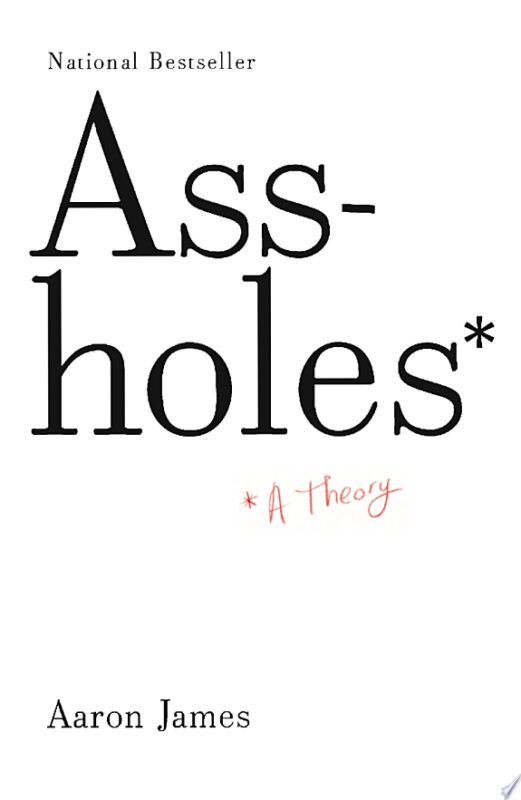2630 Exposition Blvd #115
Dates Bought, Services Defective, Lawsuit Brought
bought a series of them, together with training and advice services from what
should be called a “date broker,” but which is more commonly called a matchmaker. She paid $8,000.00 for the services, in advance.
lawyer, who got out of Cardozo Law School 18 years ago, who was both a teen fashion
model and a child star(let?) of some sort, and who has been involved in the
entertainment industry all of her life.
Her law firm websites lists both divorce law and entertainment as her
foci, and the website says that she has three NYC “Top Attorney Clients”—two in
Manhattan and one in her bailiwick, the
Bronx.
Does the fact that she is selling divorce related merchandise on the website
but nothing fashion and/or entertainment-related suggest this? What about the fact that one of the items is
called “Julie Hyman’s Divorce Kit,” for $49.95, while the other is entitled “Julie
Hyman’s Divorce Kit Deluxe,” for 474.95, but there is nothing linked to fashion or
entertainment.
identity picture, but there are also 20+ pictures of her posed in
different ways at different ages. It is also very unusual for there to be a
photo of a lawyer’s dog, where only the dog is pictured, and even more
unusual for there to be an image of a partially animated TV commercial of
her “Super Girl” underwear hawking Fruit of the Loom’s “Underoos.” (She remarks
in the “All About Me” section of her website that she took a lot of kidding
about that incident in high school.)
she retained someone who had appeared in a TV reality show, “Matched in
Manhattan.” Their contract apparently called for “’8 dates/one date per month
with highly educated men with an entrepreneurial spirit that were single and not
in relationships,’” according to the lawsuit Hyman filed against the date
broker, as reported in the NEW YORK DAILY NEWS, of two weeks ago.
cancellation, at least one no show, and no coaching or feedback, as promised in
the agreement. She also claims—and the broker admits—that men he provided had
undisclosed special relationships with the broker: partners, maybe, or
something of the sort.
plaintiff. Without shallow humor being intended, she got screwed. The broker was not just an insensitive lout;
probably a dork when it came to business, but also something of a cad. Someone
could go on and draw from what he said to the newspaper that he was a bit of a
crook.
may have sent her the wrong people, perhaps because he did not get to know
enough about her. He did not provide her with helpful after-date reports. He also did not provide her with the advice built into the agreement. It looks to me
like the defendant stumbled and blundered or worse.
sophisticated education; she is professionally experienced in both law and
entertainment, and she is a lawyer specializing in the exigencies of
male-female relationships. She is 6’
tall; she is canine centered; and she knows she is something of an
odd-ball. She must have believed that
she needed coaching and feedback from the broker, and that fact at least
suggests men-women relationships were not one of her gifts—very good looking
though she was–and that such relationships of a subtle and nuanced sort may
have been difficult for her, no matter how she looks or presents herself.
here about lawyer conduct? In a subtle
way, there are two. They both hang on
the bringing of the suit.
illustrates, what some might call, a profound lack of judgment. As a general
point, whoever got herself into this situation made one mistake after another.
relationship. It was far too hap hazard.
Who is the date broker really? What is his experience? What kind of information
does he work from? Why is the obligation to provide dates spaced out at one
month intervals, if that’s what the spacing was? Why would the arrangement not call for the
woman that was a party to the contract to read up on, inquire about, perhaps
interview and approve the candidates? After all, various forms of
something like this are done with other dating services. Why were “feedbacks” needed? What sort of
information would the broker try to get from the man? Why did a woman like Hyman
need this sort of information, given her history? The whole arrangement was
poorly planned and set up.
damages to be won were probably more than would be collected. There is not all that much money at stake
here to peruse except for the punitive damages which might be awarded in a
fraud case, and they probably won’t be collected. Even those might not be all that great; they
are seldom won; and big punitive damages on top of quite small actual damages
often won’t survive on appeals.
be a modest settlement, and a lawyer can make substantially more than such a
sum from hourly work. The lawsuit under
discussion will take a fair amount to time to prepare, some time to gnash
teeth over, some time for “upsetedness,” and some time to make up for sleep
already lost. Figure the hours up,
multiply them times a reasonable hourly fee, and it is clear which one is better.
who brings this sort of case will be undermined to some degree. Not only will
the lawyer suffer from what was discussed in §#1, the lawyer will also suffer
from a critique of judgment. The §#1
question, is “How could this girl, sophisticated though she is, let herself get
into this ridiculous situation?” The §#2 is “How could a lawyer bring a case
where she is the plaintiff, which she knew would trigger publicity as to her
judgment about bringing the case at all?”
publicity about her judgment in entering into the absurd contract. That was a bad
idea. Lawyers should hide their legal mistakes about themselves if they can,
and it is legally permitted.” Many people may also say, “No rational lawyer
would, in the normal course of things, expose their own poor decision-making to
the kind of reaction that will arise if this lawsuit is filed and publicized, unless the
lawyer has another goal—another purpose. What might that be?”
principle of publicity: Some of it is better than none of it. As often as this principle is repeated, the
principle is false. The situation under
discussion is a virtual paradigm of what’s wrong with the idea that bad
publicity is invariably preferable to none. The proposition that silence and
modest loss can be preferable to negative publicity is established by the fact
that when someone runs unnecessarily into harm’s way, not only might it not
hurt the person, it might send out negative information of its own. Consider
the following question: “Do I actually want that lawyer representing me in my
divorce case given the lawsuit she filed essentially about her own ridiculous
errors—she set the whole thing up, really without thinking?”
On February 22, 2015, the following article was brought to my attention. It may be a different account of the same situation discussed in the sources upon which I depended. I confess that I do not have a positive reaction to the subject of the HuffPost piece, but that does not distinguish my attitude in the slightest from the one I previously had. Still, the whole “affair” was a complete and unpleasant mess.
://www.huffingtonpost.com/matt-titus/confessions-of-a-nyc-matc_b_6142720.html





Recent Comments